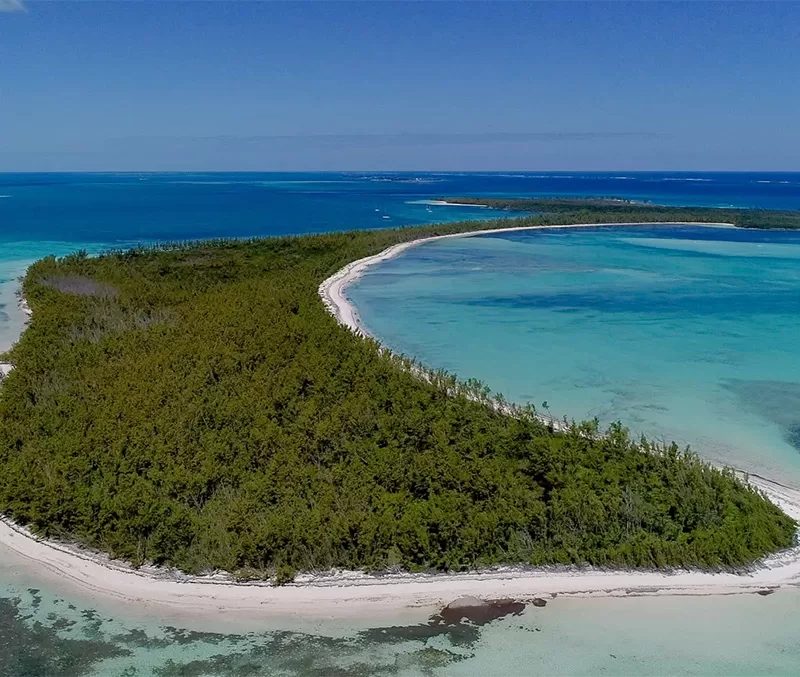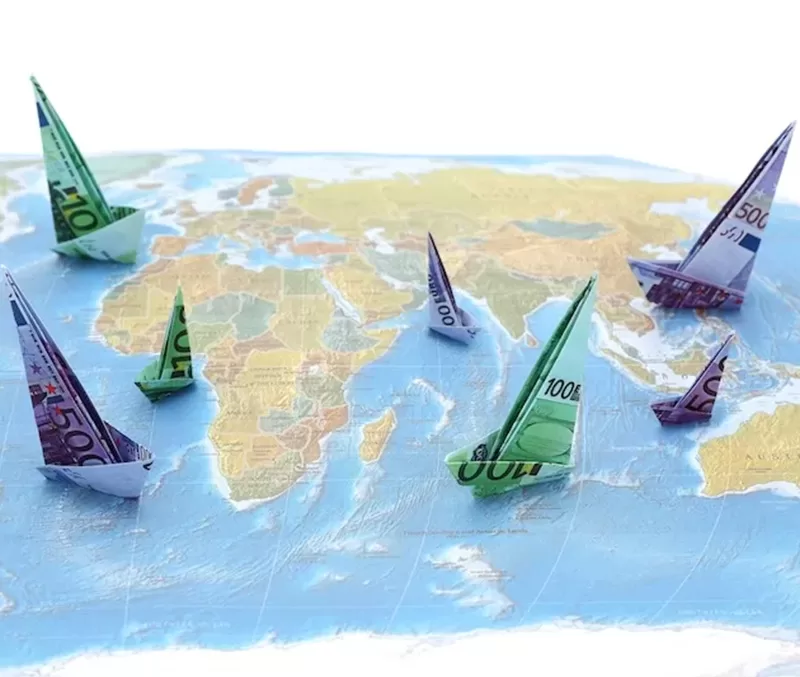This week, we bring you the most pressing developments impacting lives across the globe. From new trade wars and policy changes to major crises unfolding in key destinations, here’s what you need to know this week.

Trade Tensions Escalate
President Donald Trump has imposed sweeping new tariffs, slapping a 25% levy on imports from Canada and Mexico, and a 10% tariff on Chinese goods, citing the need to protect American industries. China quickly responded by filing a complaint with the WTO, calling the move protectionist and a violation of international trade rules. Meanwhile, Canada hit back with its own 25% tariff on $155 billion worth of U.S. goods, set to take effect on February 4, 2025.
In a bid to reduce reliance on the U.S., Prime Minister Justin Trudeau has convened an emergency economic summit to accelerate trade diversification efforts. While these measures could safeguard Canada’s economy in the long run, they also risk deepening economic fractures between North America’s largest economies. If tensions continue to rise, businesses and consumers on both sides of the border may face higher costs, supply chain disruptions, and an uncertain trade landscape in the months ahead.

Riviera of the Middle East?
In a controversial press conference alongside Israeli Prime Minister Benjamin Netanyahu, President Donald Trump revealed plans to turn Gaza into the “Riviera of the Middle East,” proposing U.S. control and the relocation of 2 million Palestinians to Egypt and Jordan. Citing the destruction caused by the conflict—some of which critics blame on his policies—Trump framed the project as a bold redevelopment, envisioning luxury resorts and beachfront tourism hubs.
The announcement has sparked global outrage, with human rights groups condemning it as ethnic cleansing and a violation of international law. While Netanyahu expressed support, Arab nations and European leaders firmly rejected the idea, stressing the need for a two-state solution. Social media erupted with criticism, with many calling the plan dystopian and accusing Trump of attempting to erase Palestinian identity under the guise of economic revival.

Seismic Activity in Greece
The Greek island of Santorini, one of the world’s top travel destinations, has been experiencing a series of earthquakes, with magnitudes reaching up to 5.2. Over 11,000 residents and tourists have evacuated the island due to concerns about potential stronger quakes. Authorities have implemented emergency measures, including deploying rescue teams and restricting access to certain areas.
While no significant damage or injuries have been reported, scientists warn that the seismic activity could intensify. With Santorini’s tourism-driven economy at stake, concerns are growing over the potential impact on local businesses and travel plans. Visitors are advised to monitor updates closely and follow safety guidelines as the situation develops.

End of a Golden Era
It was recently revealed that Spain will officially terminate its Golden Visa program on April 3, 2025, as part of a broader effort to curb real estate speculation and improve housing affordability. The program, which allowed non-EU nationals to gain residency by investing €500,000 or more in property, has been criticized for driving up housing prices in major cities. In response, a surge of interest has been noted in Spain’s non-lucrative residence visa, which allows residency for financially self-sufficient individuals without the need to invest in real estate.

Kuwait’s Balancing Act
Meanwhile, new labor market data released this week confirmed that Kuwait’s expatriate workforce has grown to approximately 2.141 million, reflecting a 2.5% increase from mid-2023. Strategically located at the northern tip of the Arabian Gulf, Kuwait has long attracted expats with its tax-free income, modern infrastructure, and strong job market, particularly in the oil, finance, and education sectors.
Although Indian and Egyptian workers remain the largest expat groups, the country is also home to a significant number of American and European professionals, drawn by high salaries and a well-developed expatriate community. However, wage disparities persist, with Kuwaiti nationals earning significantly more in the government sector. In an effort to balance the labor market, Kuwait has set a target to increase national employment in the private sector to 20% by the end of 2025.

Read more like this Previous Weekly Update on Global Roundup
































